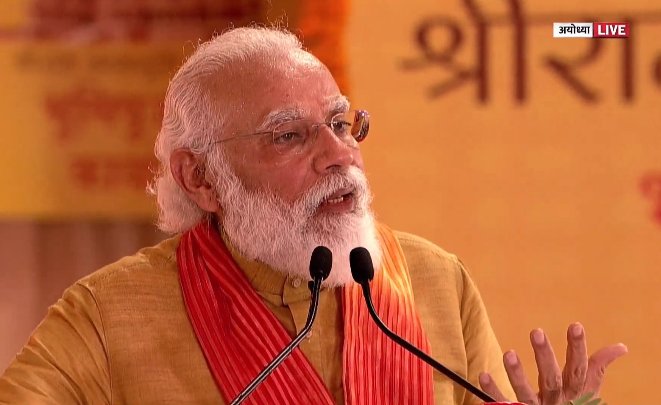
New Delhi: Opposition India alliance in power in Jammu and Kashmir. BJP retained rule in Haryana, defying exit poll predictions.
Haryana and Jammu and Kashmir have 90 assembly constituencies each. A majority of 46 seats is required to come to power. BJP won 48 seats in Haryana. Congress won 36 seats. Bharat Bhushan Batra, the Congress candidate from Rotak, is leading by 1341 votes. The Indian National Lok Dal won two seats and the Independents won three seats.
In Jammu and Kashmir, the National Conference became the dominant party by winning 42 seats. Congress won six seats, PDP three, JPC, CPI (M) and AAP one each. Seven independents won this time. BJP managed to win only 29 seats. The National Conference won 41 of the 51 seats contested. Omar Abdullah, who won Budgam and Ganderbal constituencies, will become the Chief Minister.
Nayab Singh Saini will continue as Chief Minister of Haryana. BJP’s success in Haryana was due to its ability to create division in the Jat vote bank. The support given by the backward classes was also beneficial. Congress, on the other hand, has become a victim of intra-party politics. Despite having many favorable factors including anti-government sentiment, the Congress could not convert any of it into votes. AAP contested in all 89 constituencies and got only 1.79 percent votes. Congress candidate Vinesh Phogat won in Jhulana.
Elections were held in Jammu and Kashmir after a gap of ten years after the abrogation of Article 370, which took away the special constitutional status of Jammu and Kashmir. It is worth mentioning that the Indian alliance has gained there. The election results show that the people of Kashmir have completely rejected the BJP. AAP also opened its account in the state with Mehraj Malik winning the Doda constituency by 4,470 votes.



























